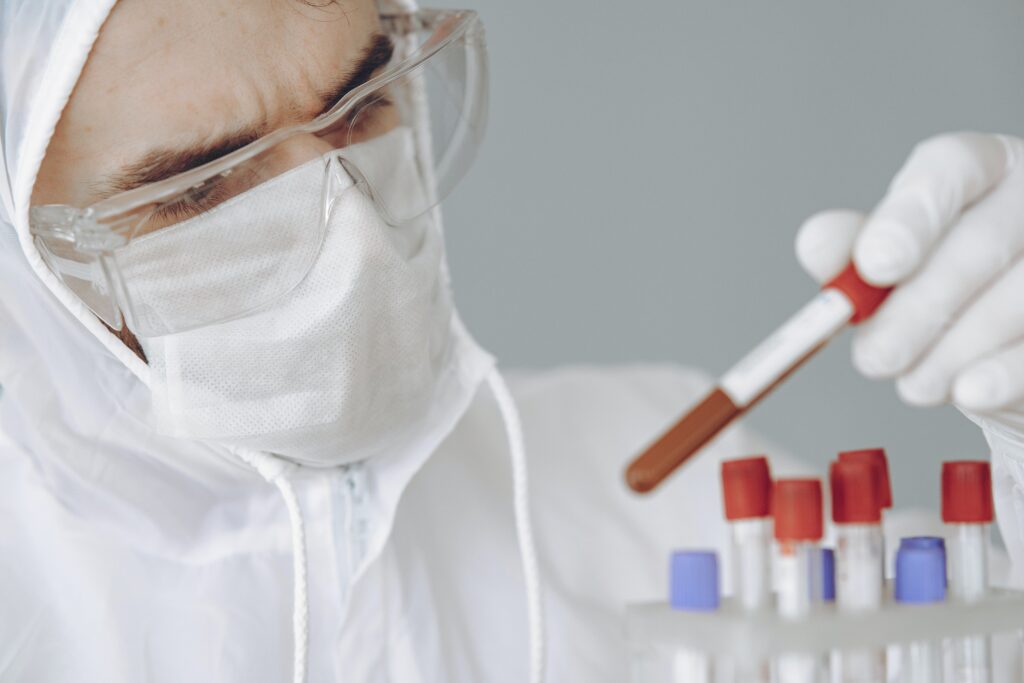The first case of COVID 19 reinfection was reported in Hong Kong on the 24th of August 2020. The 33-year old man was first infected in late March, he then contracted the infection again four and a half months later.
Following this, Netherlands and Belgium also reported one case of reinfection each on the 25th of August 2020. These new cases question the extent of immunity from the coronavirus, as studies have shown that the possibility of reinfection is zero.

How the immune system works
Typically, there are two responses to any viral infection. First is the innate immune response which is the common response to all infections. At this phase, the body creates T cells to disturb viral replication. Phase two is the adaptive immune response, and it begins 6-8 days after the infection. During this phase, the body produces B cells, called antibodies, particularly for that virus.
After the infection, some of the cells produced at the first and second phase remain as memory cells. These memory cells act fast when they meet that virus again. This means that a person has protection from re-infection by that virus. However, this may not be so if the genetic composition of the virus changes.
COVID 19 and the immune system

People who have COVID 19 have these antibodies in varying quantities and the quantity depends on the seriousness of their symptoms. However, the WHO states that the available information is not enough to confirm immunity to the virus that causes COVID 19 (SARS-2). Besides, a different strain of the virus caused the first case of re-infection.
In a discussion with STAT, experts explain different ways people can have immunity against SARS-2. First, the immune system can prevent an infection in the first place. This may however not apply to SARS-2 because it is a respiratory virus.
Secondly, people who recovered or received vaccination could get the infected again, but they will show no symptoms or at most mild ones.
Lastly, people could lose immunity from the previous infection and a re-infection will come with serious symptoms.
Implication for COVID 19 elimination
The news of COVID 19 reinfection not only has implications on immunity, it would also affect vaccination efforts. This is because vaccines work with the immune system to develop immunity against the infection. However, the good news is that the Hong Kong case did not show any symptoms.










Dear healthfacts.ng admin, Your posts are always well-written and easy to understand.
Fantastic breakdown of the key points
Can you be more specific about the content of your article? After reading it, I still have some doubts. Hope you can help me.